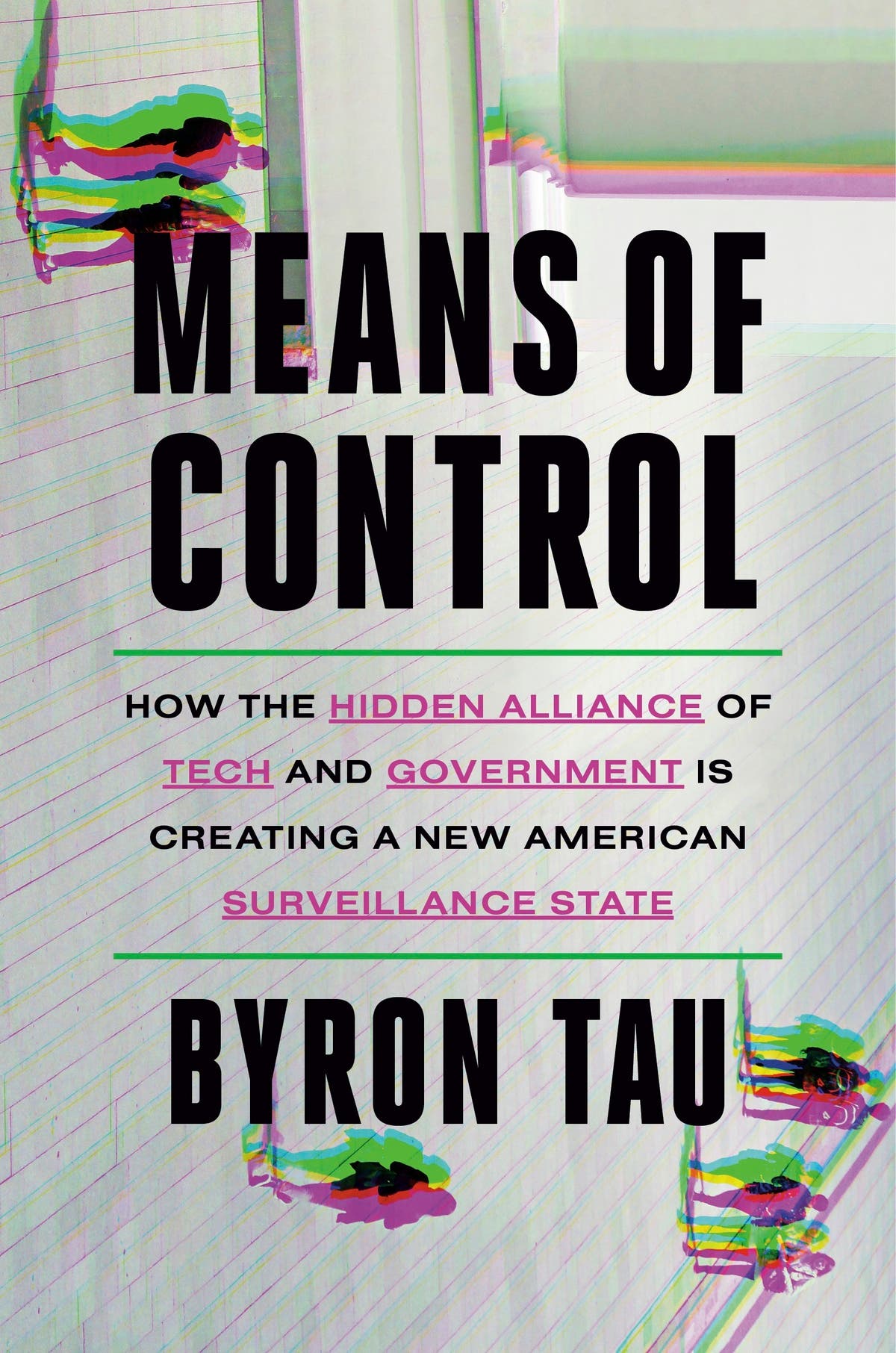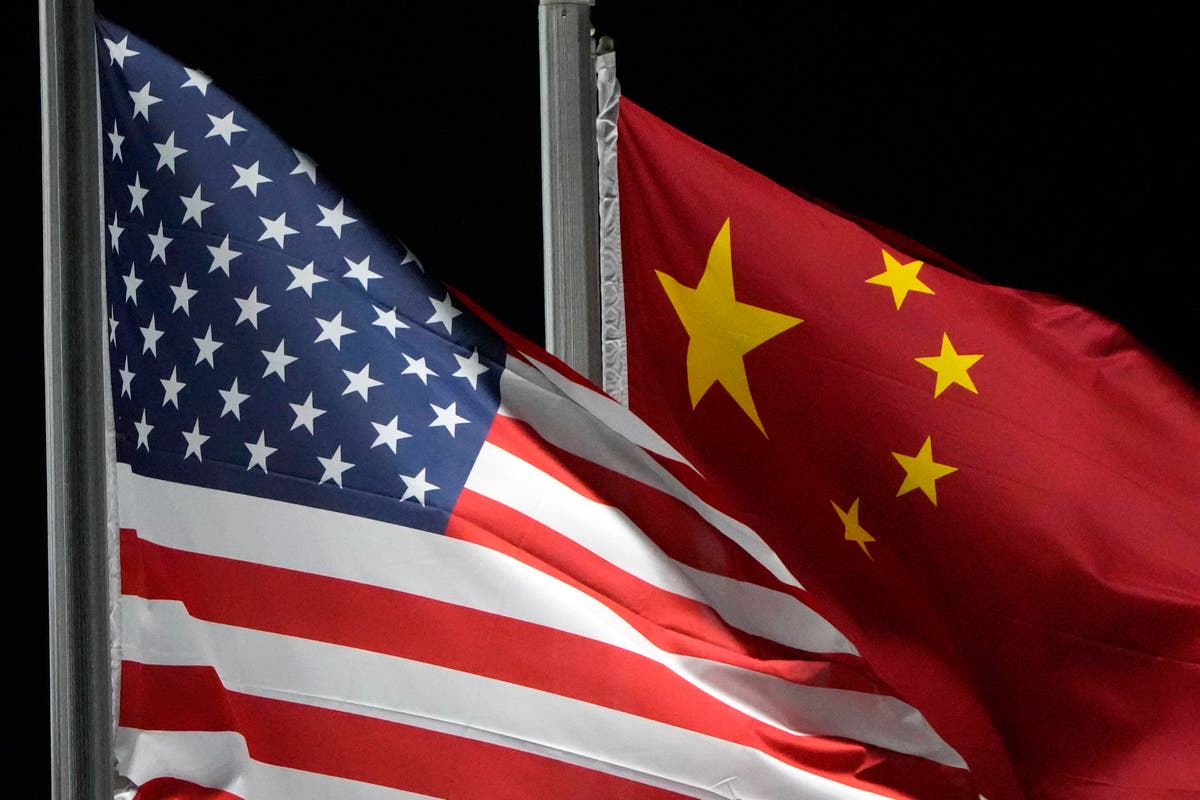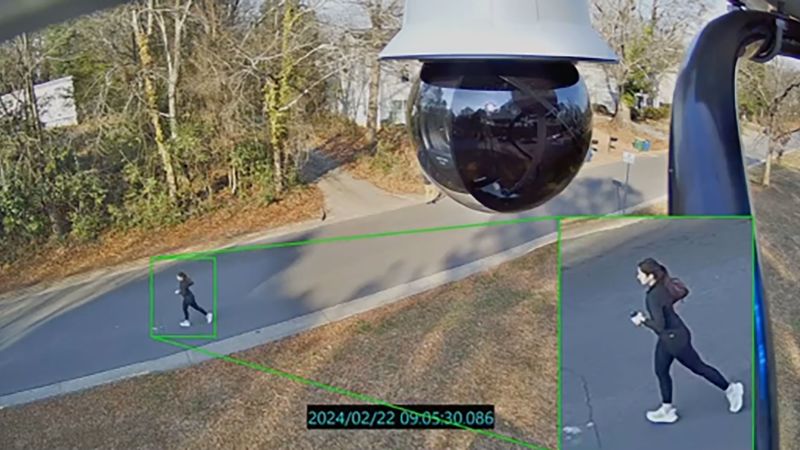
Book Review: 'Means of Control' charts the disturbing rise of a secretive US surveillance regime
The IndependentGet Nadine White's Race Report newsletter for a fresh perspective on the week's news Get our free newsletter from The Independent's Race Correspondent Get our free newsletter from The Independent's Race Correspondent SIGN UP I would like to be emailed about offers, events and updates from The Independent. How private Beltway contractors grew what has become a secretive surveillance regime is exposed in disturbing detail by journalist Byron Tau in his first book, “Means of Control.” In the absence of a federal privacy law, the U.S. national security establishment has used commercially available data to craft a creeping panopticon. that social media is being eavesdropped on.” “Means of Control” traces Tau's efforts to cut through thickets of secrecy to show how different kinds of data became available for purchase by the U.S. government post-9/11, how what author Shoshana Zuboff termed “surveillance capitalism” — the vacuuming up of personal data by Facebook, Google and others to feed the online ad market — fed a thriving, under-the-radar bazaar of businesses selling data on people's habits, predilections and, importantly for soldiers and spies, physical movements. Unlike Edward Snowden, the former National Security Agency worker whose 2013 data dump sounded piercing alarms on U.S. government surveillance, Tau is an outsider. When Tau does get a breakthrough, it is often on surveillance partnerships that help foil a bad guy — like the U.S. border drug tunnel Department of Homeland Security agents uncover in 2018 with cellphone geolocation data obtained from a company called Venntel.
History of this topic
Book Review: ‘Means of Control’ charts the disturbing rise of a secretive US surveillance regime
Associated PressDiscover Related






)








)























